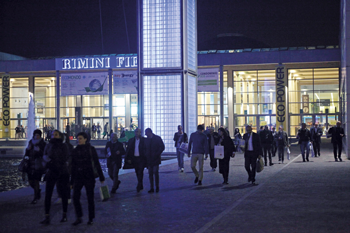Circular Economy and (social) Reputation. The Vicious Circle Nobody Talks About
Circular economy: when a “media short-circuit” slows it down
by Federica Simonetti
What is the relationship between circular economy, corporate reputation and the company’s social responsibility? How is the activity of companies which take care of the management and recycling of waste followed and perceived by media and social media? What effects does a bad reputation have on the development of green economy activities?
The study “Circular economy and (social) reputation. The vicious circle nobody talks about” stems from the need to analyse in depth and provide an answer to these questions. It has been carried out by a team of researchers of the Universities of Macerata and Ancona with the support of Orim Spa, a leading company in the processing and recovery of waste; it will be included in the volume “Towards a circular economy” about to be published by Eum (Macerata’s University Press) and its results have been presented during a congress held on November 9th, 2017, during Ecomondo, the international trade show dedicated to the green economy which is held every year in Rimini. Researchers Federica Simonetti and Ksenia Silchenko (Unimc – University of Macerata) and Fabio Fraticelli (Univpm – Polytechnic University of the Marche region) start off with the assumption that sees the circular economy as a fundamental component of the efforts deployed by the European Community to develop a truly sustainable and competitive economy: the objective is not just minimizing the flow of material “from cradle to coffin”, but to design a cyclical industrial metabolism, “from cradle to cradle”, so as to bring waste material to a new birth, to allow material to maintain its status as a resource, in short, to keep as high as possible the quality of resources over time.
Adequate acknowledgement of reputation is lacking
The study, based on the assumption that the management and recovery of waste material is by now considered with reason a central activity for the transition towards a circularity of productive and economic models, highlights how this strategic role is not matched by an adequate acknowledgement of reputation on the part of media and the public opinion as regards companies which, as the target of production waste, are actually often the object of criticism on the part of many non-professional stakeholders such as the communities within which these companies work. This wrong perception on the part of the public of the real role of these companies in the economic system is created, as well as by citizens’ lack of knowledge of the real mechanisms of circular economy, also by the bad light which is cast upon the waste sector, not just by traditional media, which use a language containing “a greater amount of negative emotions (a mix f anxiety, rage and sadness) with respect to positive ones”, but also and increasingly often by social media and information blogs, where the best part of comments is sparked by the fear of citizens regarding the nature of companies’ activities, of the relative impact on the environment and by the lack of trust for local administrations.
The vicious circle
The analysis reveals how the current lack of circular economy’s “own” reputation (due to a low awareness of civil society on these themes) may set off a vicious circle capable of hindering the very development of entrepreneurial activities linked to waste management and consequently the transition towards a circular logic of the economic model, in several cases actually stopping the creation of recovery plants, with negative effects on the environmental and employment fronts.
To this very day the tensions and contrasting judgements which lead to reputation issues and negative feelings in the companies working for a circular economy are far from having been fully understood and tackled practically in a proper manner (for instance, with integrated communication programs). In order to improve it is necessary to understand better the complexity of shared knowledge within society on waste in general and, specifically, on economic and industrial operators in the waste treatment sector. So as to enable the transition, it is evident that it will not be possible for a single organization to activate this collective sense-making: it will be necessary to mobilise a network of organizations, both internal and external, and particularly to exploit in he best way the cooperation opportunities between the waste management industry and the University world specializing in research on communication, as well as professionals already operating in this field. This need is also now being felt by entrepreneurs’ associations. “Creating an efficient circular economy model also, and especially, implies a correct and effective communication and information regarding waste management activities, capable of intercepting and involving local communities and the national public opinion”, said Elisabetta Perrotta, Director of the FISE- Assoambiente federation of which Orim Spa is a member. “This is the scenario which industrial associations and companies in this sector are getting ready for, going from a direct communication aimed at the citizen/user to communicating “with” the citizen/user, integrating communication tools used with traditional media and a constant dialogue using social media, aimed at understanding the needs of citizens, involving them and increasing their awareness on themes related to environmental services”.

